Title: Papua New Guinea: A proposal for collaboration
Slides: here.
Papua New Guinea is a linguistic paradise boasting at least 850 diverse languages in an area the size of California. Though field linguists, anthropologists, and biologists have flocked to PNG for decades to explore its beauty, the southern region of the country is still relatively undocumented. In this talk, I will illuminate some fascinating aspects of language and life in Southern New Guinea, focusing on the area where Ende is spoken, the language about which I wrote my dissertation. I will show some photos, maps, and videos and try to convince some of you to collaborate with me in this exciting field.
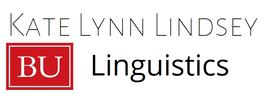
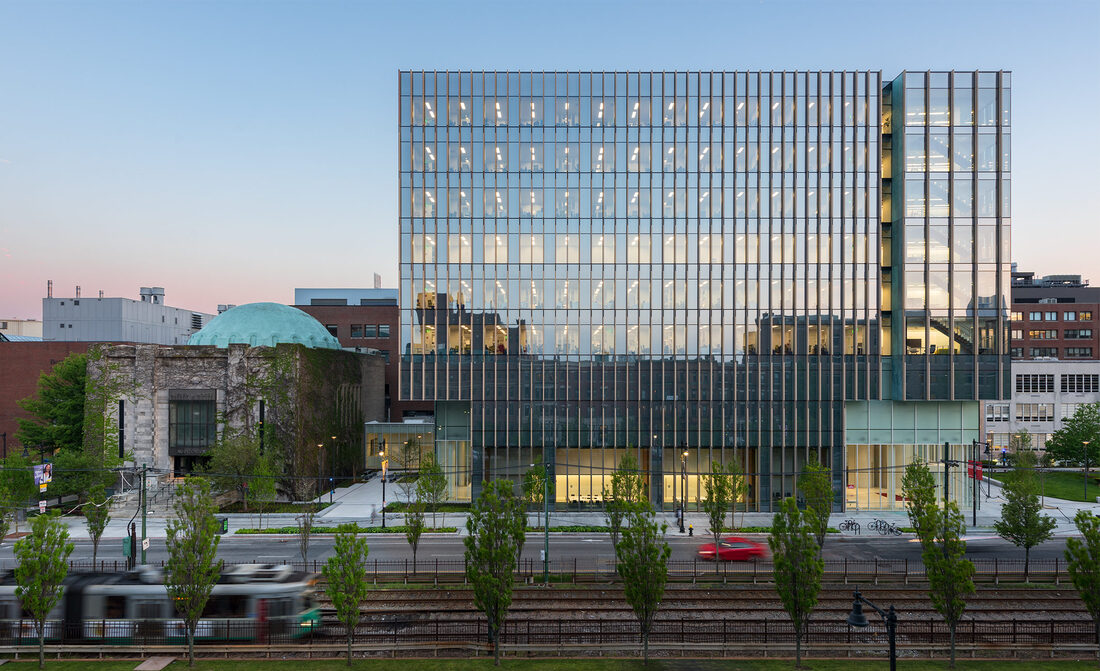
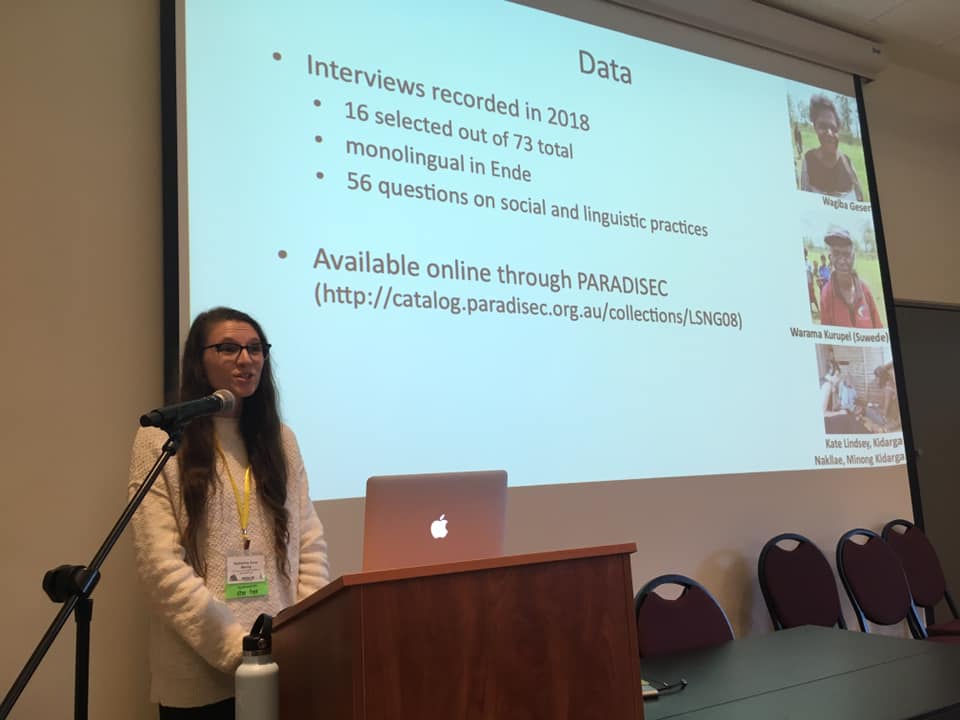
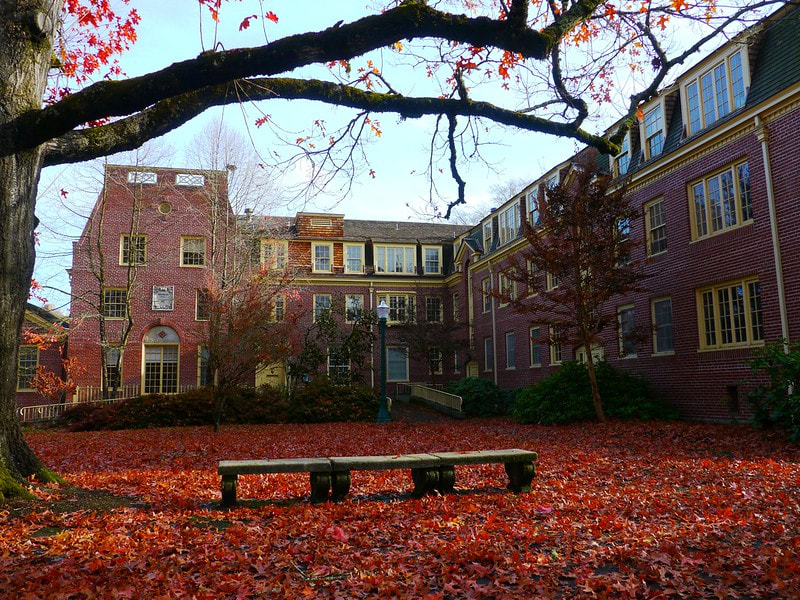
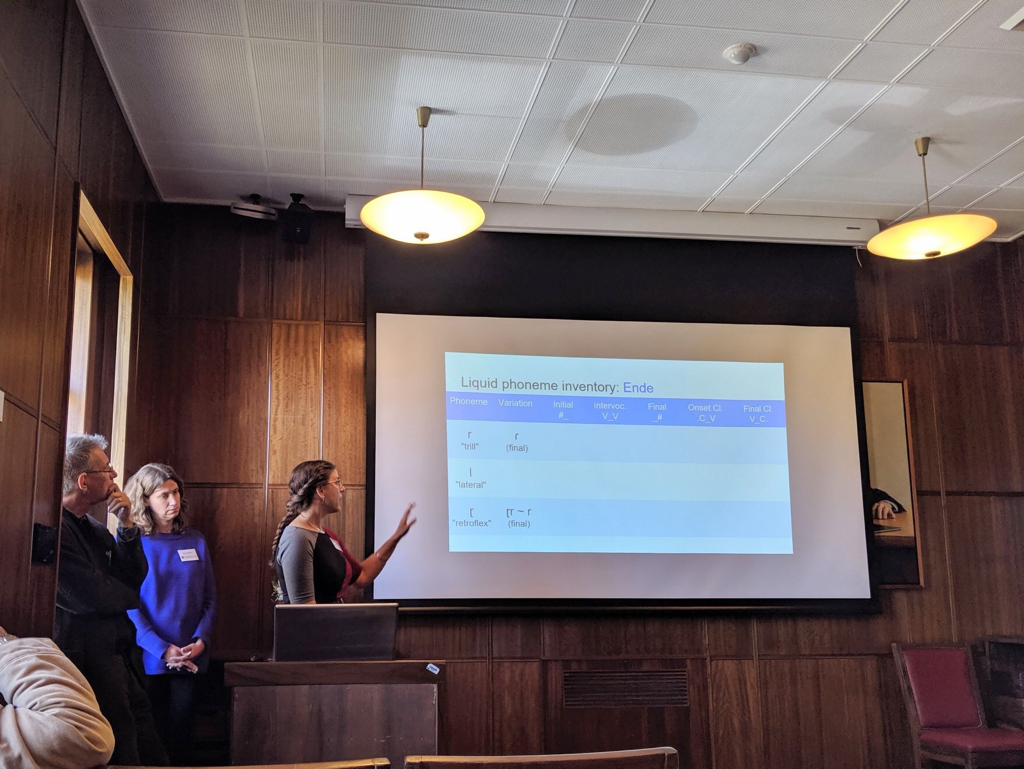
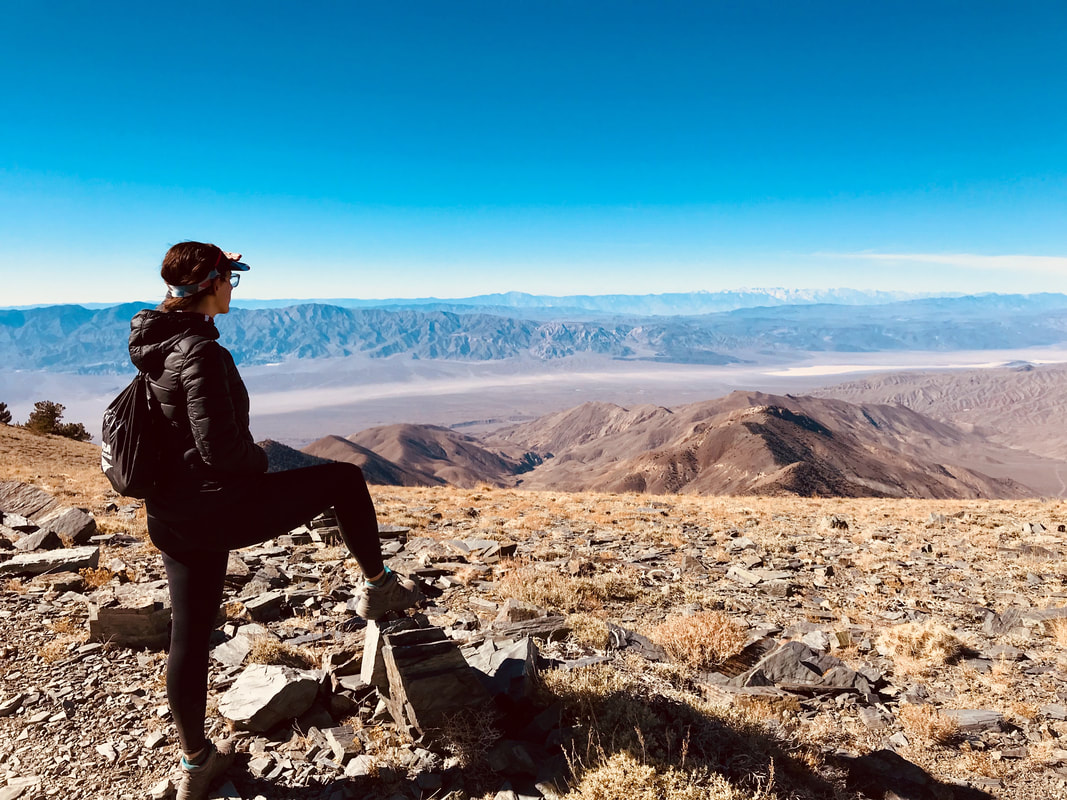
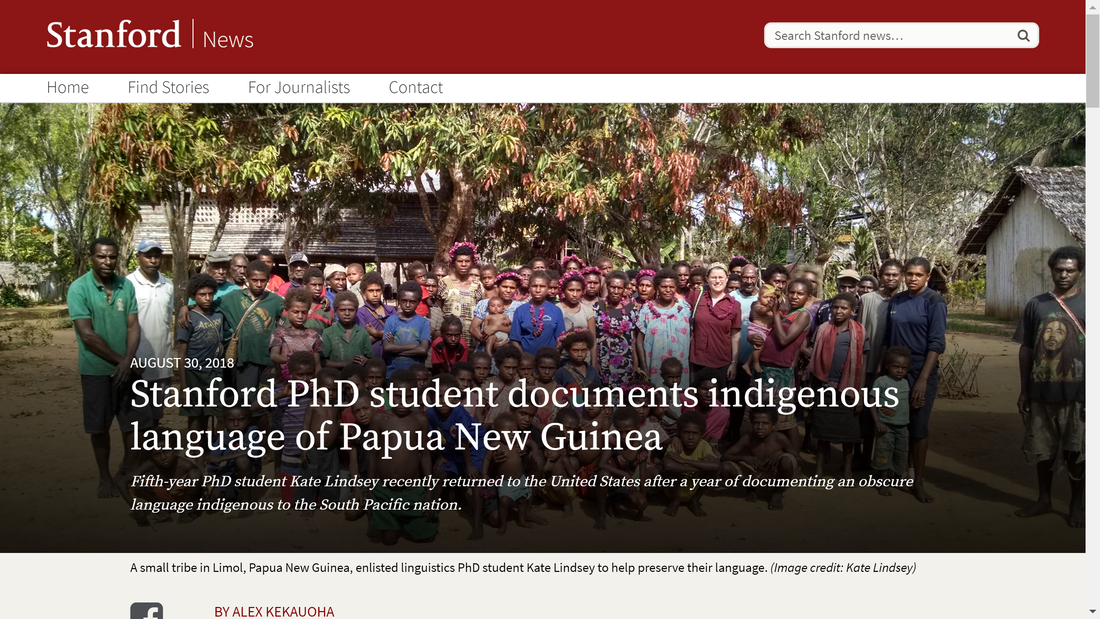
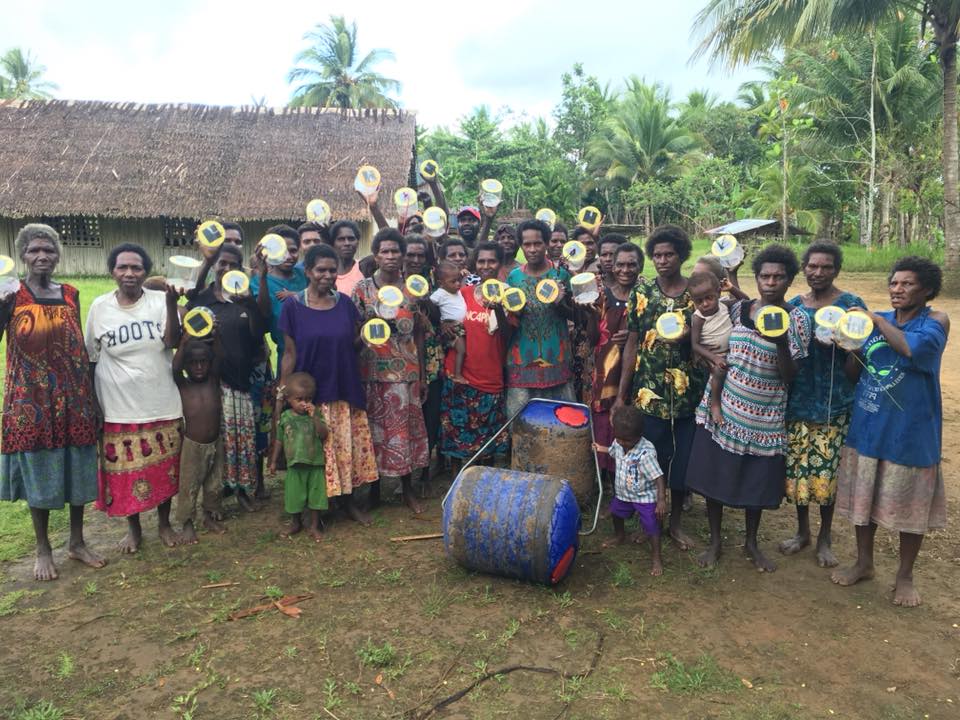
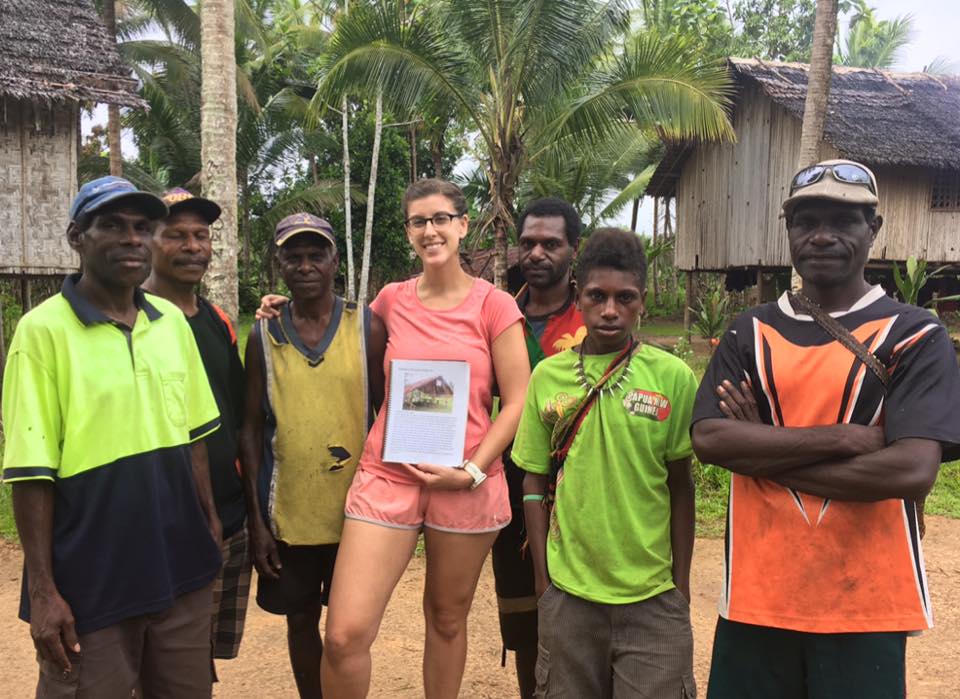
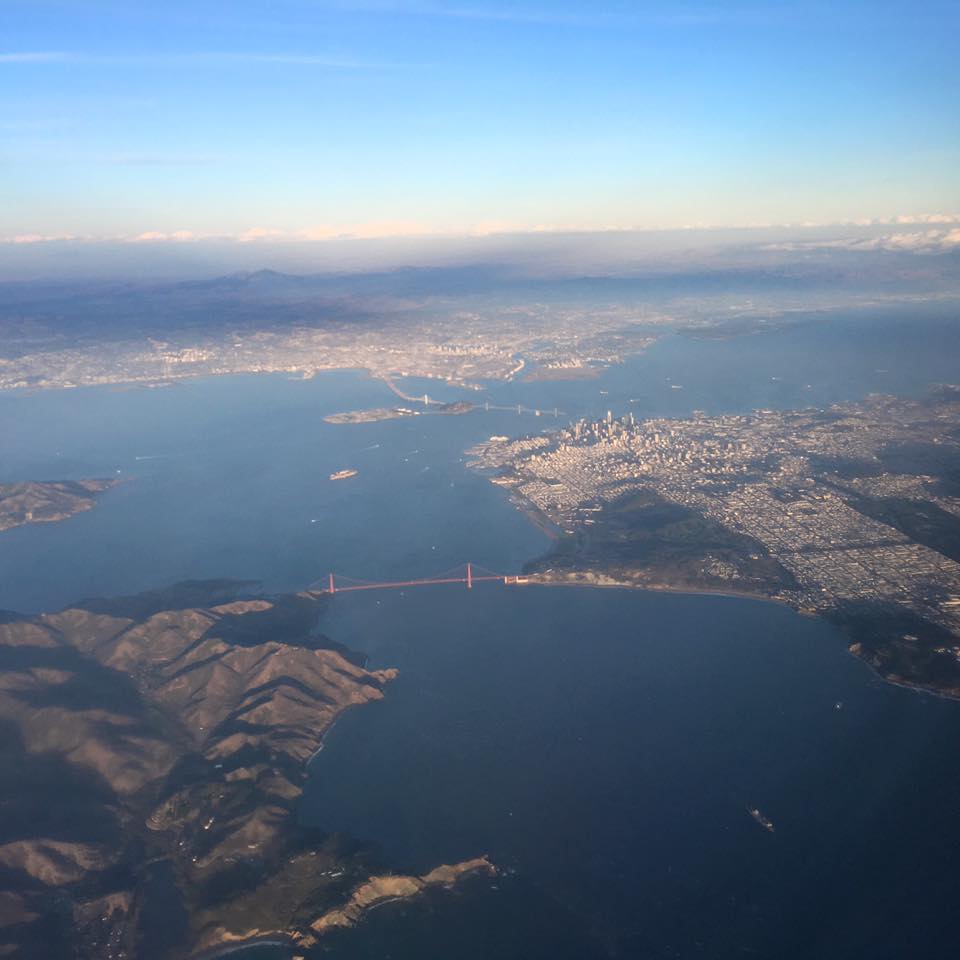
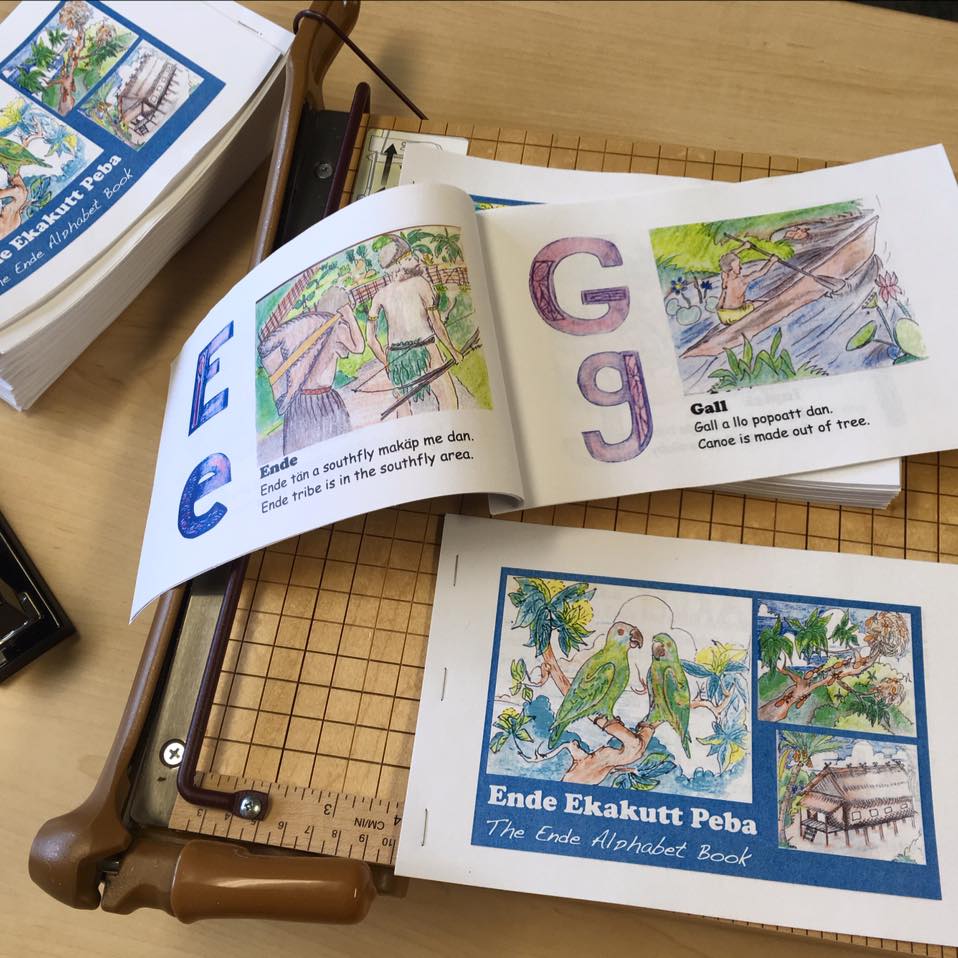
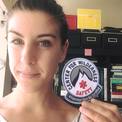

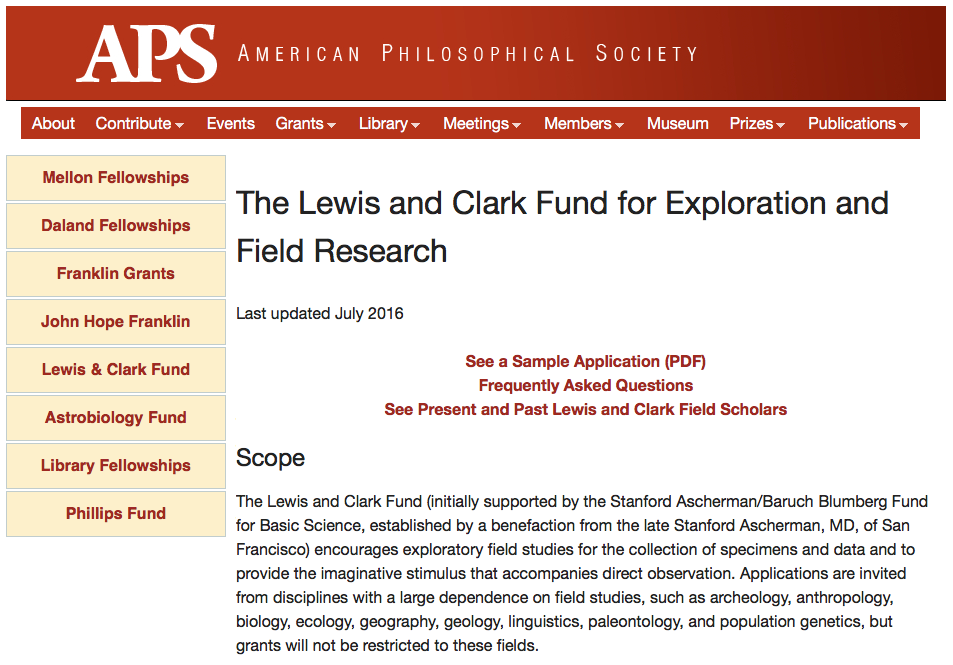
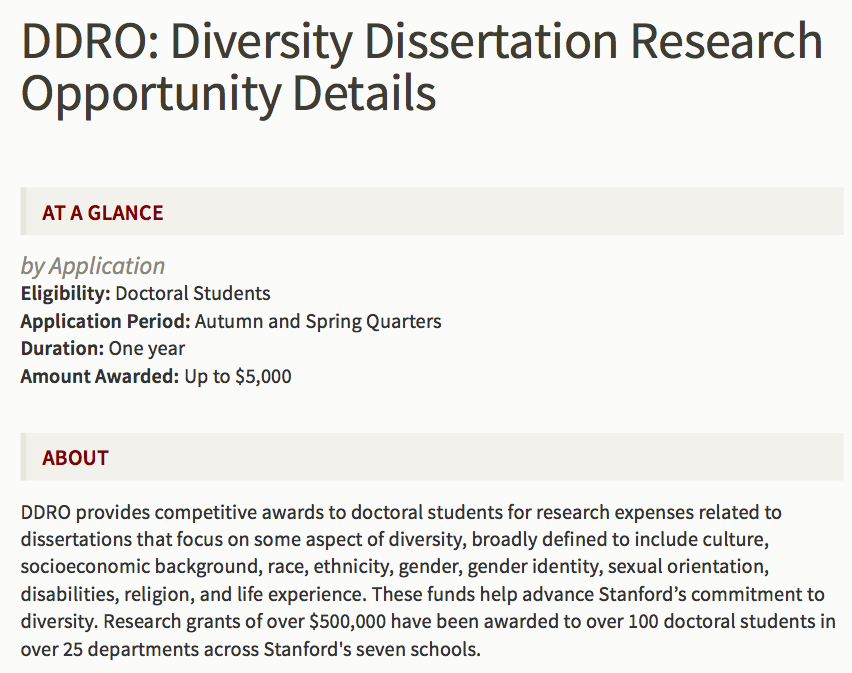
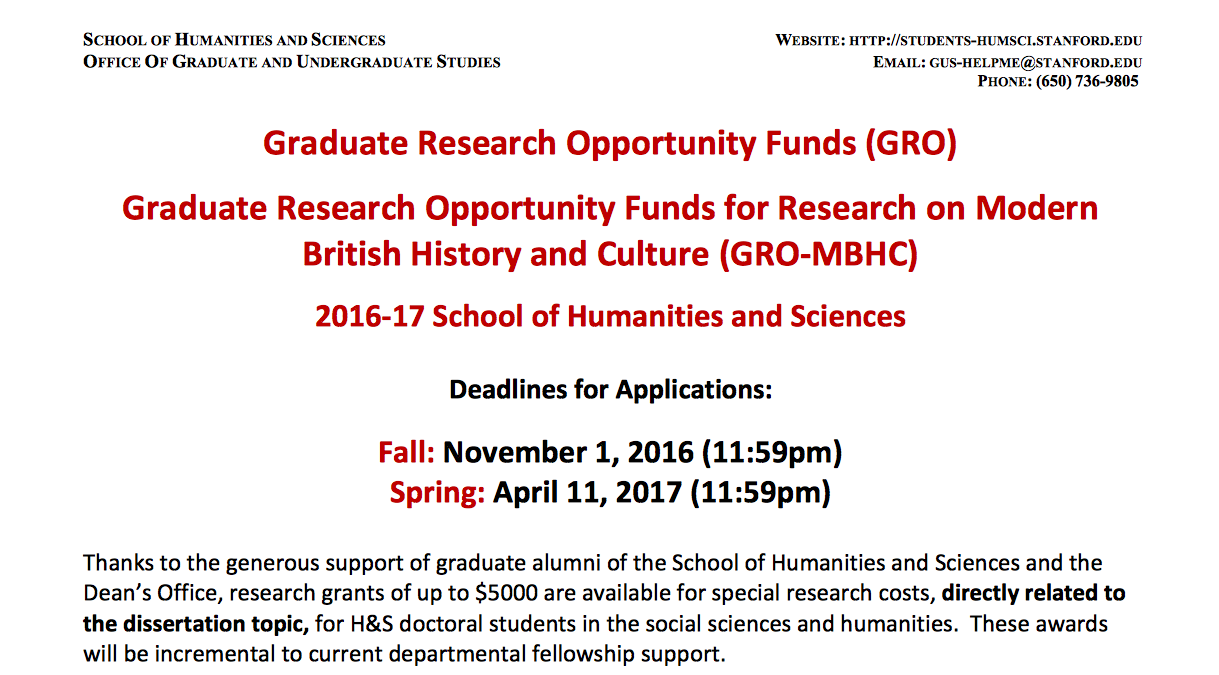
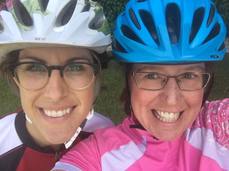
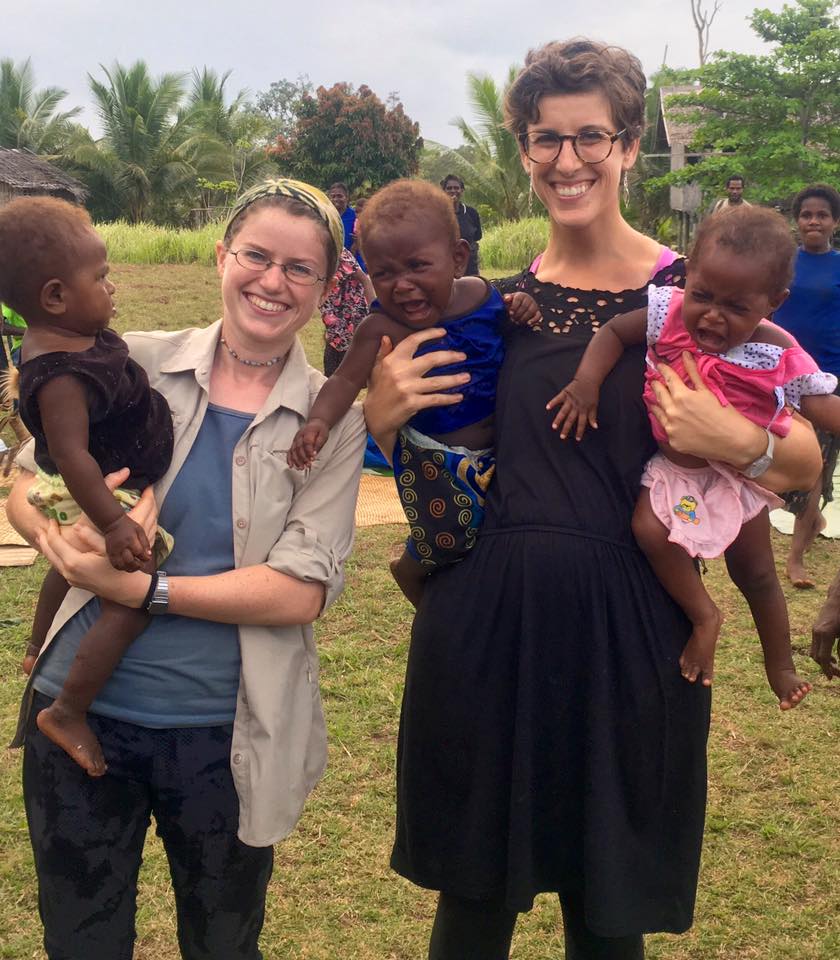
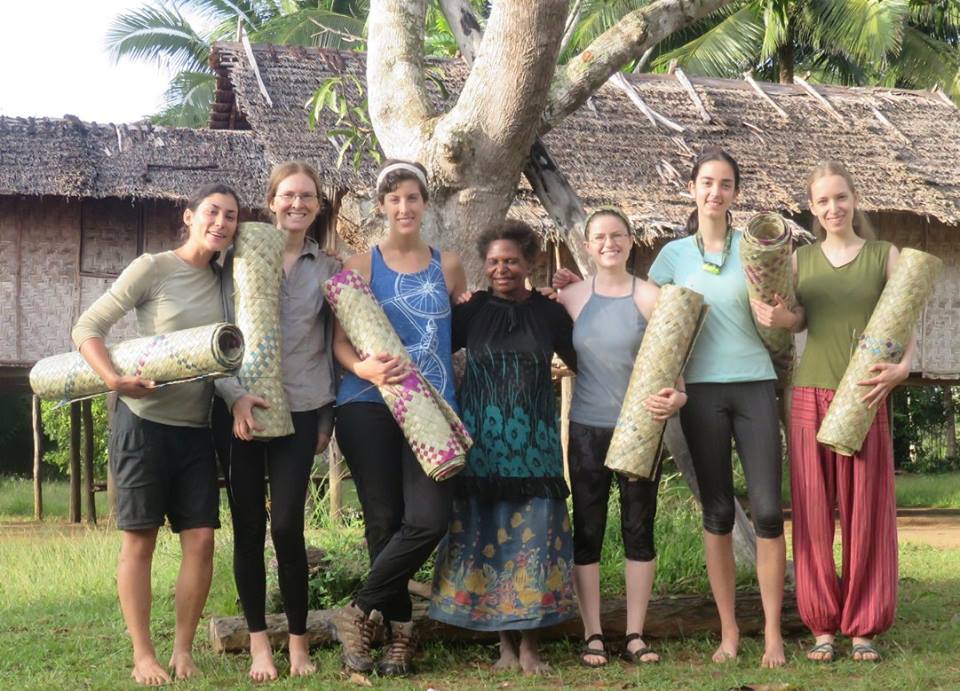
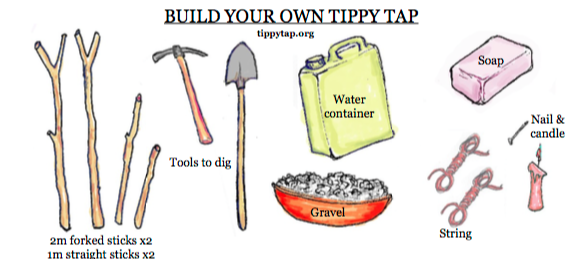
 RSS Feed
RSS Feed
